A new survey tracks a strong consensus among professionals in the creative industries and at the same time cultural organizations and policymakers that the EU needs to introduce legislation to address the working conditions of artists and creative professionals. Nearly 90% of respondents believe such legislation would improve the situation in the sector.
The "Creative Pulse Survey", conducted by research firm Panteia and advocacy group Culture Action Europe, gathered responses from over 1,500 individuals and organizations in the cultural and creative sectors (1,200 artists and CCS workers and 293 cultural organizations representatives and policymakers), and painted a concerning picture.
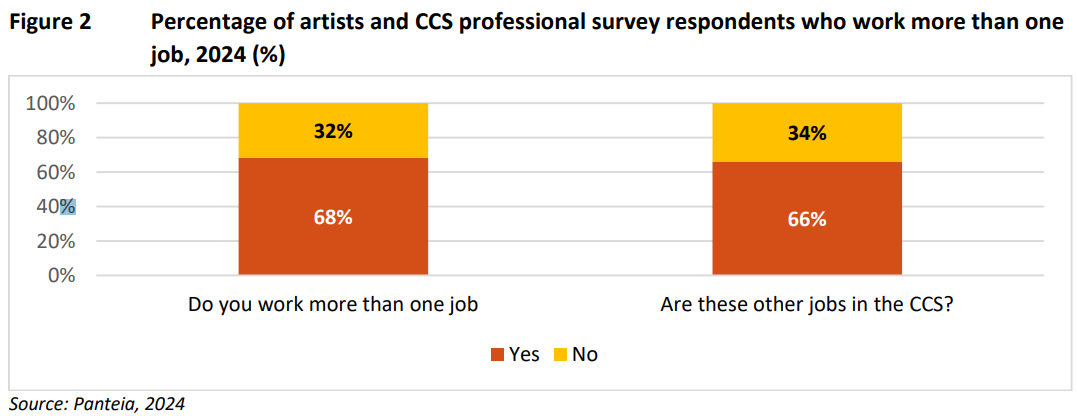
Nearly half of respondents reported experiencing poor working conditions, with freelancers and self-employed individuals particularly affected.
Over two-thirds lack adequate social protection, forcing many to take on multiple jobs outside their artistic pursuits. The COVID-19 pandemic has taken a heavy toll, with almost half reporting a negative impact on their incomes and two-thirds seeing a deterioration in their working conditions. Gender disparities are evident, with women more likely to face issues like insufficient social protection and lack of fair remuneration. Consequently, a significant number of respondents stated that they have felt increased restrictions on artistic expression over the past five years.
"As a former musician, this issue really resonates with me personally," writes Martin Clarke, a researcher at Panteia's website. "It's clear that artists and cultural professionals have not been adequately heard, so we're glad to have provided them with a platform to voice their concerns through this survey."
--
Multiple Jobs and Mobility
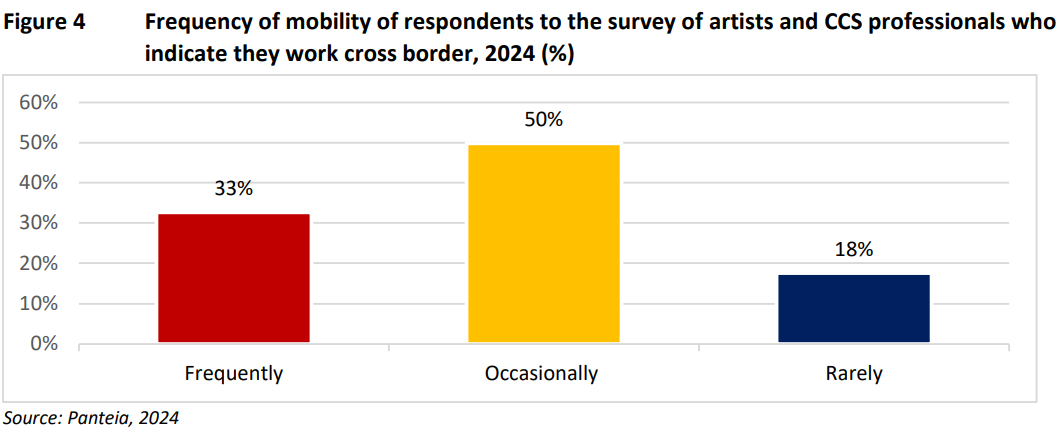
Over two-thirds of surveyed artists and CCS professionals hold more than one job, with a third of these secondary roles being outside the cultural sector entirely. This reliance on multiple sources of income was most common in the performing arts.
While almost half of respondents reported being involved in cross-border mobility, mobile workers were actually less likely to report poor working conditions compared to their non-mobile peers. However, the lack of portability for social security remained a significant challenge.
--
Precarious Conditions and Lack of Protection
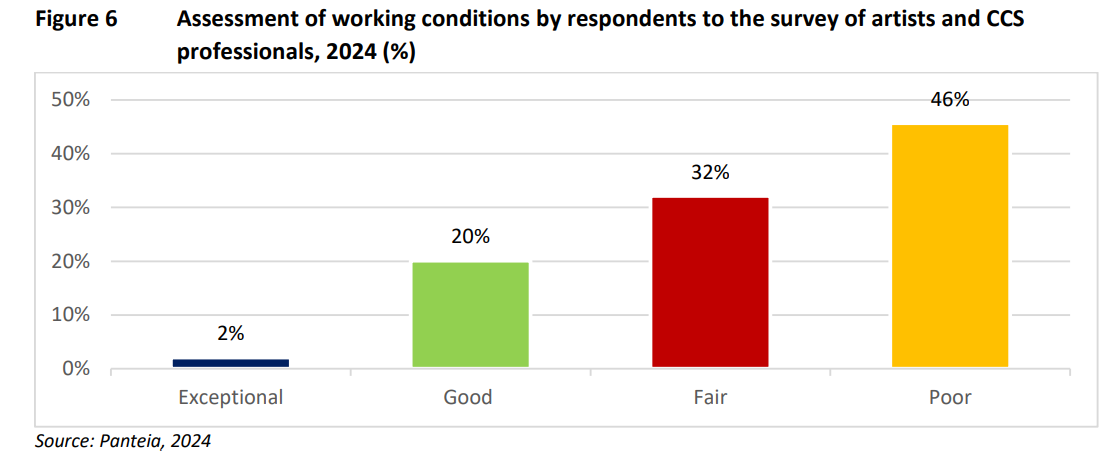
Alarmingly, almost half of all artists and CCS professionals surveyed said they experience poor working conditions. Visual artists and multidisciplinary practitioners were the most likely to report these issues. Freelance and self-employed workers were especially vulnerable, with over two-thirds lacking access to adequate social protections like healthcare and pensions.
--
Impact of COVID-19
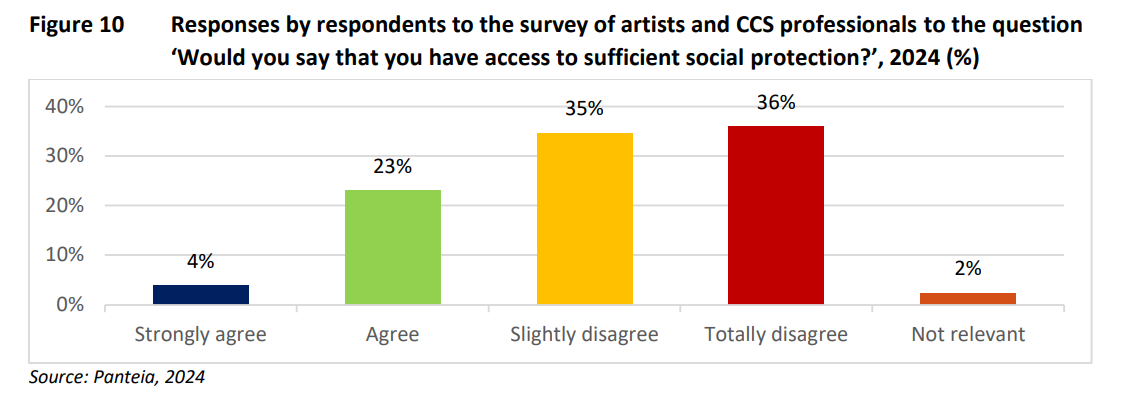
The COVID-19 pandemic exacerbated these longstanding challenges, with nearly half of respondents seeing their incomes negatively impacted and two-thirds reporting a decline in their overall working conditions.
"The sharp contrast between the positive associations of Europe as an international cultural powerhouse and the dire state-of-the-art concerning cultural workers’ employment has set off alarm bells at the highest echelons of European decision-making," writes the introductory note of the research, Dr Heather Kurzbauer, a Law professor at the University of Amsterdam.
---
Overwhelming Support for Policy Action
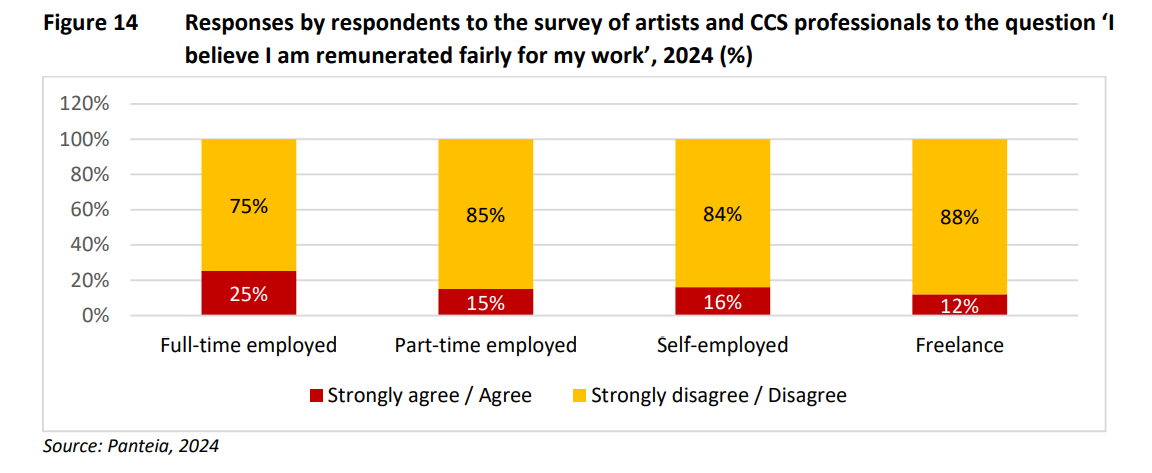
Almost 90% of cultural organizations, institutions and policymakers surveyed believed insufficient attention had been paid to the working conditions of artists and CCS professionals. There was widespread backing (96%) for the adoption of an EU-wide "Status of the Artist" framework to improve social protections and guarantee fair remuneration.
--
The full report can be accessed here.
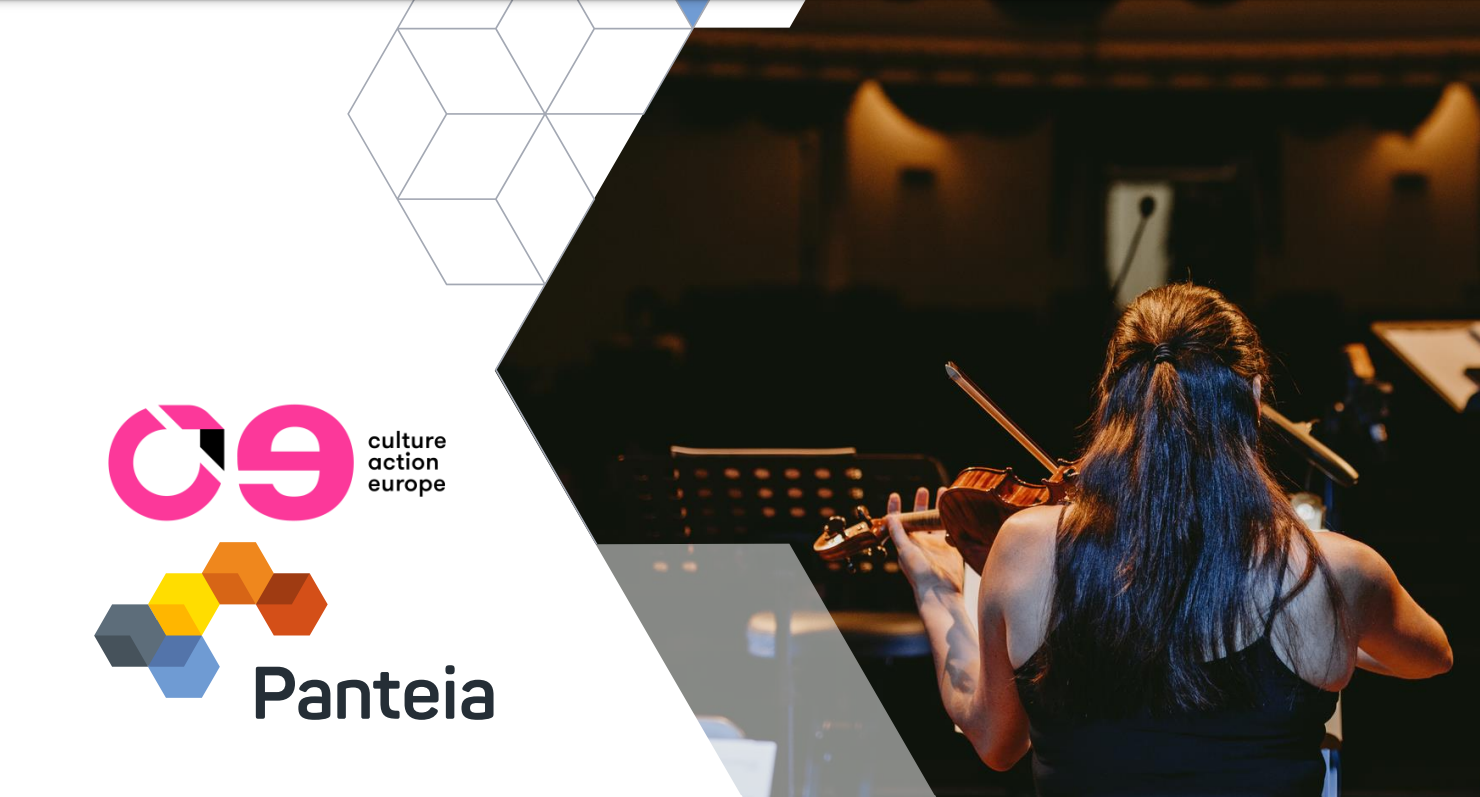
Image Credit: European Central Bank, CC BY-NC-ND 2.0 DEED














